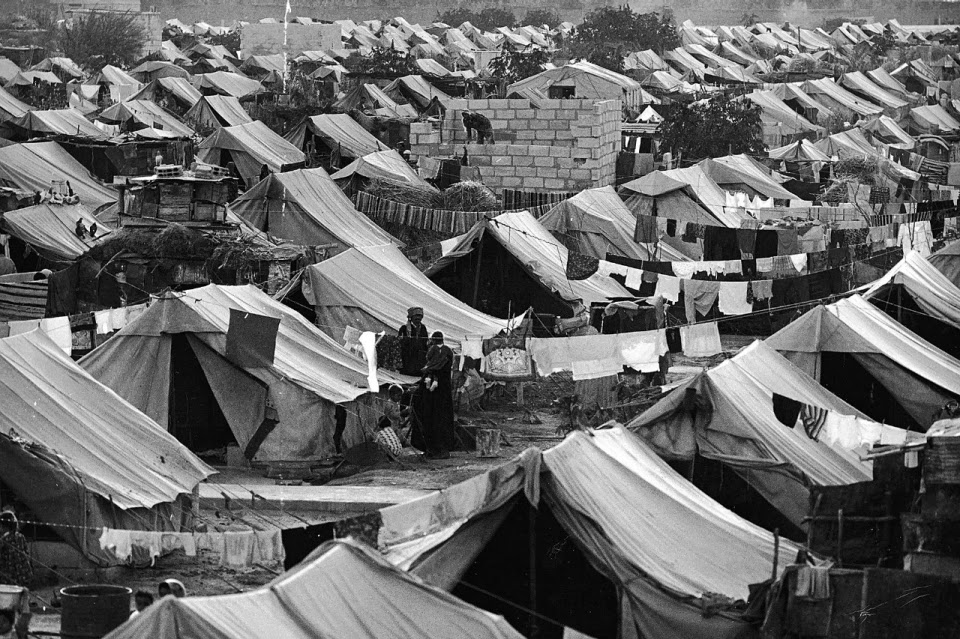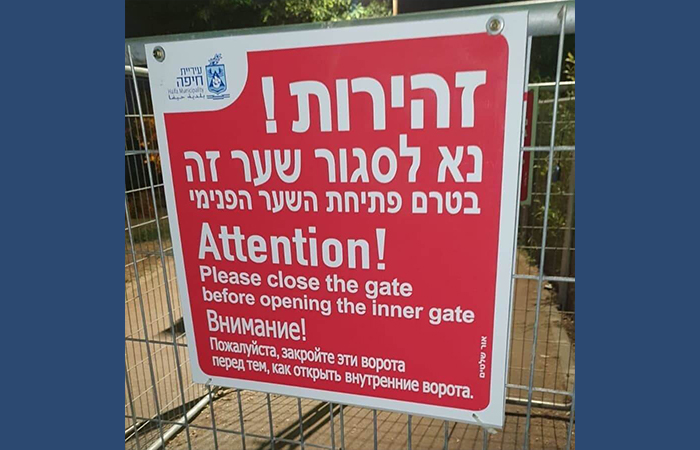Mapping My Return: A Palestinian Memoir
Salman Abu Sitta’s autobiography vividly narrates his family’s vanishing world that was defined by the Zionist invasion of Palestine and the subsequent mass expulsion of Palestinians. His story is one of 750,000, part of a generation scarred by a personal traumatic loss and sustained by a burning desire and right to return. He narrates his life in exile, reminiscing on displacement to the Gaza Strip; teenage years as a student in Nasser’s Egypt; formative years in 1960s London; family and academic life in Canada; and several sojourns in Kuwait. Each part of his personal story is situated in historical context and considered in relation to key political events.
He provides a very personal account of 1930s and 1940s Palestine, a time when Zionist expansion and militarization was still in motion. Sitta, from his vantage point in Beersheba, initially sees them as remote and unfamiliar, and it is only later that he comes to see an authoritarian, well-organized, armed, and foreign presence equipped with detailed maps and hostile intent. He was hardly alone in this respect: it only slowly dawned on many Palestinians, including members of the leadership, that Zionism was a threat to Palestinian existence.
In depicting the chaos, cruelties and innumerable injustices, he performs a service later undertaken by Israel’s ‘new’ historians, who debunked the myths that Israel’s ‘founding fathers’ sought to superimpose on their criminal enterprise. But he has no desire to question or challenge the military superiority of Zionist forces, and indeed takes this as a pre-established fact. But this does not prevent him from acknowledging and celebrating resistance, as shown by his depictions of the Palestinian fedayeen who crossed the border after 1948 with the intention of “defeating the invader” and seeing, perhaps for the final time, the abandoned homes and fields being replaced by new settlements.
Avi Shlaim, author of The Iron Wall: Israel and the Arab World, observes:
“This book is a wonderful mixture of autobiography, history, and politics. It is both riveting and very moving. Salman Abu Sitta weaves very skilfully his personal story with the broader story of the Palestine tragedy. Underlying it all is the terrible injustice that the Zionist movement has inflicted on him, his family, and his entire people. His book conveys eloquently and powerfully his own experience of dispossession and exile as well as his unflinching determination to map his return…. A really outstanding Palestinian memoir which deserves the widest possible readership.”
- Publication date: 29 January 2017
- ISBN-13: 9789774168338
- Keywords: Refugees, Settler-Colonial, Zionism, Palestinian, Repatriation



